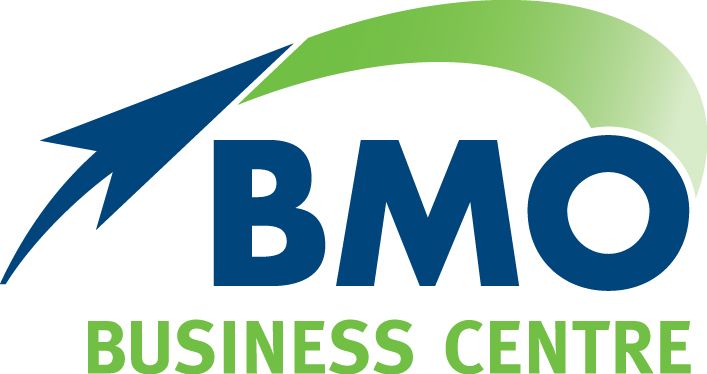Staying strong when things go wrong
Recent local floods, bush fires across the country and the impact of the corona virus worldwide, have drawn attention to the need for small businesses to make sure they are prepared for the unexpected. Here are six steps we suggest you consider to build your business’ resilience and protect you when things go wrong.
Do a SWOT (and pay attention to the Threats):
A SWOT is a timeless tool that businesses use to consider the Strengths and Weaknesses (internal factors) and Opportunity and Threats (External factors) that can help sustain their business and help it grow. Get together with key stakeholders in your business and brainstorm your SWOT – be bold and realistic.
Do “What If” Financials:
When you do you annual budget (which everyone should be starting to work on now to get ready for 1 June), do some “what if” budgets including best case scenarios, worst place scenarios.
Diversify:
Don’t put all your eggs in one basket, just in case that basket breaks. Keep an open mind about business opportunities (go back to your SWOT). Every business transaction is essentially you solving a problem for someone. What problems are you noticing your customers or your marketplace facing? Can you be the supplier of the solution and add another string to your business bow?
Look for Grants and support:
The government regularly releases grants to support and/or stimulate business. There are also a number of industry bodies who release grants to help build business capacity. Start scanning for these opportunities.
Get the right insurance:
Engage a professional insurance broker or adviser to help you work through the kinds of insurance that will protect your business. The bushfires alone are estimated to have cost the country $4.4 billion and this figure could well rise. An Insurance Council of Australia survey shows one in 10 Australian businesses have no insurance and even those with cover are often underinsured. It’s not just your traditional general insurance (fire, flood, theft) that you should consider, but ask your adviser about things like professional indemnity, business interruption and key person insurance. Your SWOT will help you identify your vulnerable points and make sure you have them protected.
Look after yourself:
When your business hits tough times, you’re often busy dealing with the day-to-day that you forget the emotional toll it has on you. As a business owner and employer you need to make sure you are looking after your mental wellbeing too. Don’t be shy about chatting to a counsellor or your GP if you are feeling the pressure get on top of you.
The post Staying strong when things go wrong appeared first on BMO Accountants.


